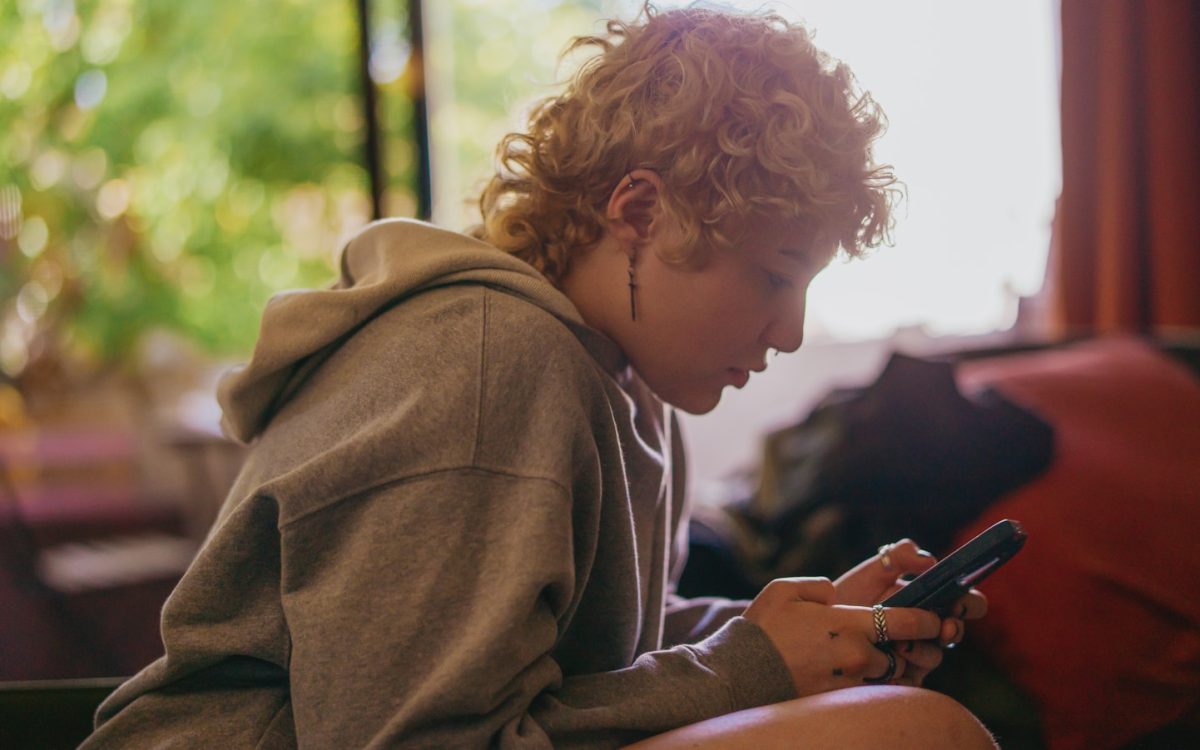The Relationship Between Sleep and ADHD: How Rest Impacts Focus and Behavior
Meta Description: Explore how sleep affects ADHD symptoms, from focus to mood, and discover expert strategies to improve rest and reduce attention difficulties.
ADHD (Attention-Deficit/Hyperactivity Disorder) and sleep issues frequently go hand-in-hand, with research showing a bidirectional relationship. In this comprehensive guide, we’ll delve into how sleep impacts ADHD, why individuals with ADHD often struggle with sleep, and what steps can be taken to improve both sleep quality and ADHD symptoms. Whether you’re a parent, adult with ADHD, or simply curious, this post will help you understand the crucial link between the two.
Understanding ADHD and Sleep: A Complex Relationship
The relationship between sleep and ADHD is multifaceted. Many people with ADHD report difficulty falling asleep, staying asleep, or waking up feeling rested. These chronic sleep disturbances can worsen attention, memory, and emotional regulation—key symptoms of ADHD.
How ADHD Affects Sleep Patterns
People living with ADHD often experience:
- Delayed sleep onset (difficulty falling asleep)
- Frequent nighttime awakenings
- Shorter overall sleep duration
- Restless sleep or vivid dreams
Due to executive dysfunction and altered circadian rhythms, individuals with ADHD frequently struggle to wind down at night, leading to prolonged sleep deprivation and daytime fatigue.
Sleep Deprivation: Making ADHD Symptoms Worse
Lack of sufficient restorative sleep can directly influence the severity of ADHD symptoms. Common effects of sleep deprivation include:
- Increased distractibility and forgetfulness
- Lower frustration tolerance and irritability
- Decreased impulse control
- Slower cognitive processing and response times
These overlapping symptoms often make it difficult to distinguish whether they stem from ADHD or poor sleep, complicating diagnosis and treatment.
Common Sleep Disorders Associated with ADHD
Several sleep disorders appear more frequently in individuals with ADHD, further exacerbating the condition. Understanding and addressing these disorders is crucial to managing ADHD more effectively.
Insomnia
Insomnia is a leading complaint among people with ADHD. Racing thoughts, hyperactivity at night, and an overactive mind often prevent these individuals from falling or staying asleep.
Delayed Sleep Phase Syndrome (DSPS)
DSPS occurs when an individual’s internal body clock is delayed, making it difficult to fall asleep before late hours and wake up on time. This is particularly prevalent in adolescents and adults with ADHD.
Restless Legs Syndrome (RLS)
People with ADHD—especially children—are more likely to experience RLS, which causes uncomfortable sensations and urges to move the legs, disrupting sleep quality.
Sleep Apnea
Obstructive sleep apnea, characterized by disrupted breathing during sleep, occurs at higher rates in both children and adults with ADHD. Untreated, it can affect behavior and cognitive function similarly to ADHD itself.
Why Do People with ADHD Have Sleep Problems?
There are several reasons why sleep and ADHD are so closely linked. Some of the most accepted causes include:
- Neurological Differences: ADHD involves dysregulation of neurotransmitters like dopamine, which also influence sleep-wake cycles.
- Medication Side Effects: Stimulant medications used to treat ADHD can interfere with sleep if taken too late in the day.
- Mental Hyperactivity: Difficulty turning off thoughts and relaxing at night is common in ADHD, especially the inattentive subtype.
- Poor Sleep Hygiene: Irregular routines and screen time habits can exacerbate both sleep problems and attention difficulties.
How to Improve Sleep with ADHD
The good news? Improving sleep may significantly reduce ADHD symptoms. Here are practical tips to help manage both sleep and ADHD more effectively:
Establish a Consistent Sleep Schedule
Going to bed and waking up at the same time every day—even on weekends—helps regulate the body’s internal clock.
Limit Stimulants and Screen Time Before Bed
Reduce caffeine, sugar, and electronic device usage at least two hours before bedtime to prevent disruptions in melatonin production and inhibit overstimulation.
Create a Calming Bedtime Routine
Include wind-down activities such as:
- Warm bath or shower
- Reading or listening to calming music
- Guided meditation or breathing exercises
Optimize the Sleep Environment
Ensure the bedroom is cool, dark, and quiet. Consider blackout curtains, white noise machines, and a supportive mattress to promote deeper sleep.
Consult with a Specialist
A sleep specialist, psychologist, or physician can help diagnose any underlying sleep disorders and adjust treatment plans, especially if ADHD medication impacts rest.
When to Seek Professional Help
If you or your child regularly experience sleep difficulties that affect mood, performance, or quality of life, it’s time to consult a healthcare provider. A comprehensive evaluation may reveal if adjustments to treatment or therapy could improve both sleep and ADHD management.
Final Thoughts on Sleep and ADHD
The relationship between sleep and ADHD is significant. Poor sleep can intensify attention and behavioral issues, while ADHD itself often causes sleep challenges. However, with consistent strategies, lifestyle changes, and, if needed, professional guidance, it’s possible to achieve better rest and improved focus.
Whether you’re navigating ADHD yourself or supporting a loved one, understanding and improving sleep could be the essential missing piece in boosting daily functioning and well-being.
Key takeaways:
- Sleep disturbances are common in individuals with ADHD.
- Better sleep can reduce core ADHD symptoms like inattention and impulsivity.
- Structured routines and professional support can lead to meaningful improvements.
Have experiences or tips on managing ADHD and sleep? Share them in the comments below to help others on their journey!




